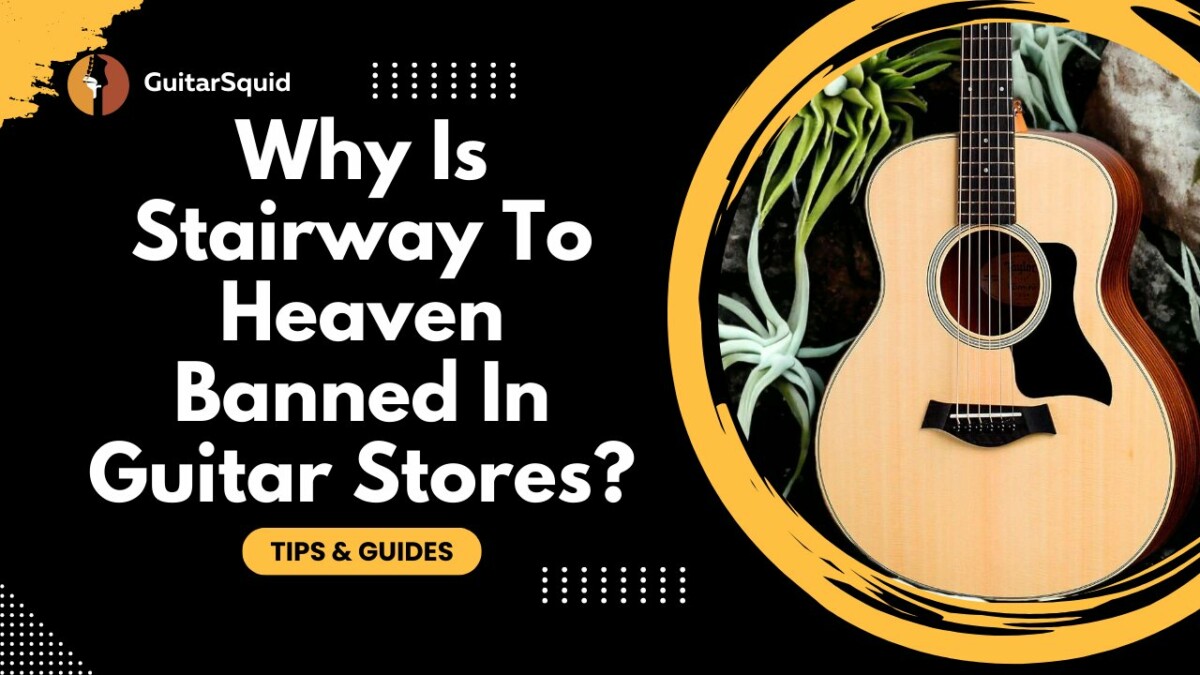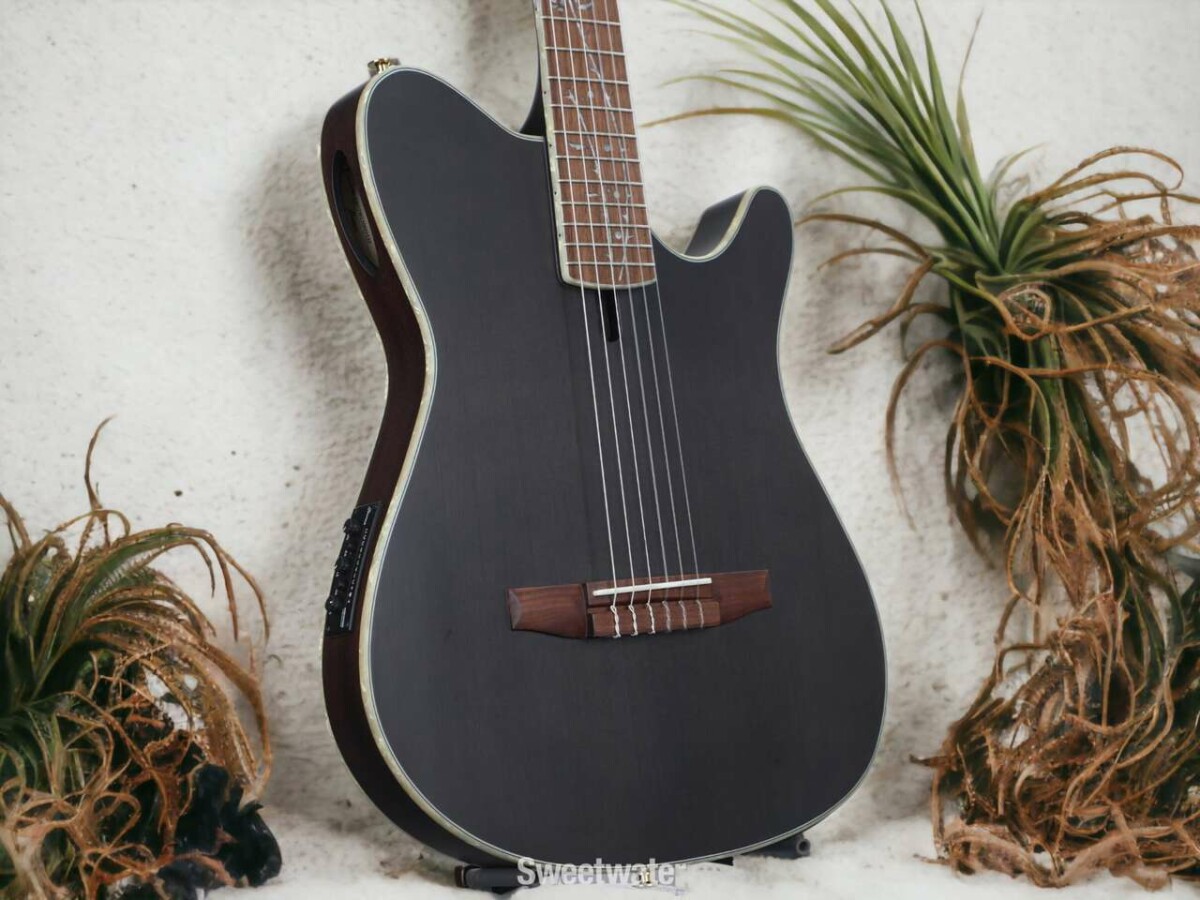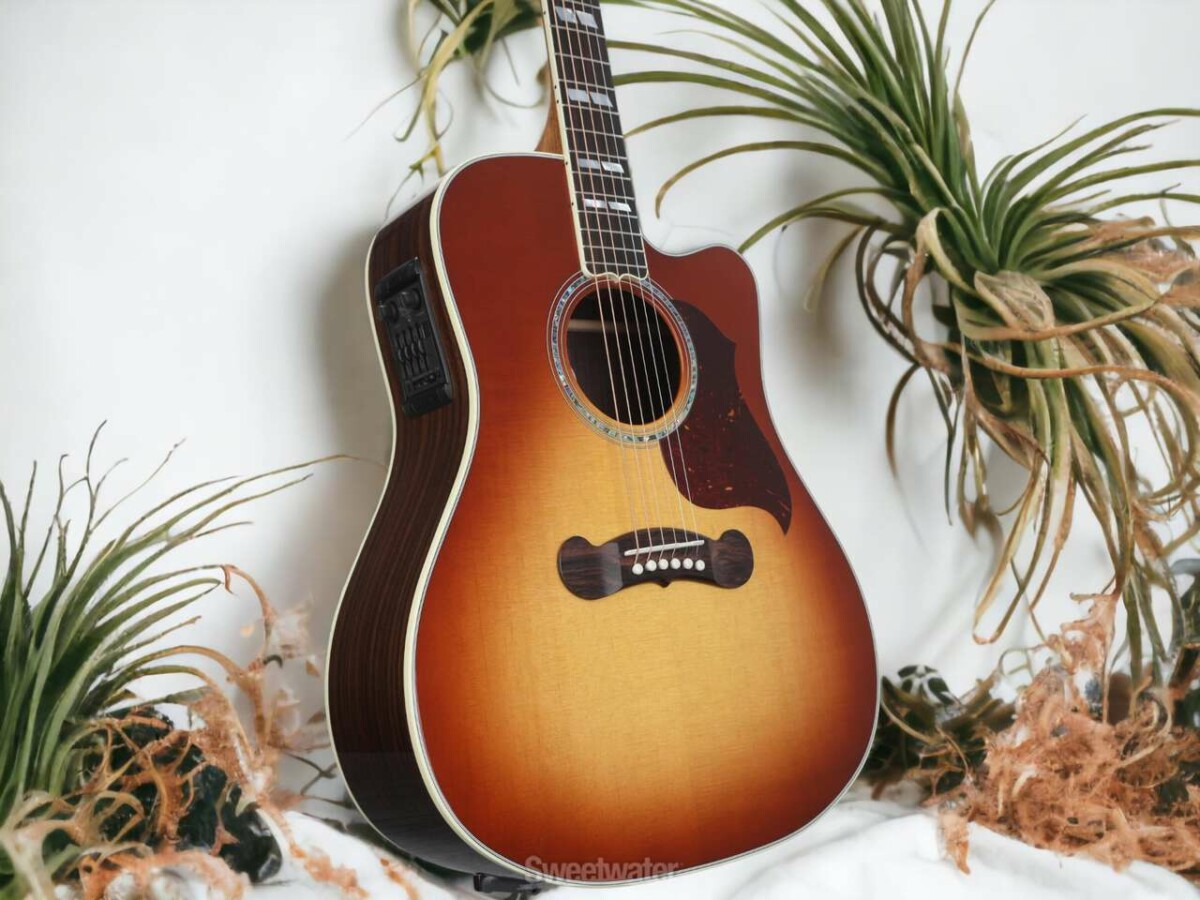So, picture this: your fingers have just plucked the first few chords of ‘Stairway to Heaven’ when you’re suddenly halted by a sign that reads: ‘No Stairway’. Sounds baffling, right? Trust me, you’re not the only one scratching your head.
This iconic Led Zeppelin tune is surprisingly a no-go in the majority of guitar stores. Now you’re probably wondering how in the world did this come to be. So, let’s dive into this peculiar story of the most famous guitar riff that’s been banished from music shops.
It’s a story filled with repetition, rock ‘n roll anthems, and the pursuit of creating the ideal vibe in a guitar store.
Why “Stairway to Heaven” is a No-go in Guitar Shops?
“Stairway to Heaven” is often humorously considered “banned” in guitar stores due to its widespread use by beginners. The repetitiveness of its intro can somewhat annoy store staff and other shoppers.
Ever wondered where the ‘No Stairway’ rule at your local guitar store came from? It’s got roots that dig deep into the ’70s. Like everything else, guitar store etiquette has morphed over time, but this rule? It’s pretty much set in stone.
Picture this – back in the day, people would stroll into places like Fender’s Palace or Gibson’s Emporium, grab their dream guitar, and start strumming the opening chords of ‘Stairway to Heaven’. Just imagine, every random person thinking they can do justice to Jimmy Page’s legendary hit, each attempt more cringeworthy than the last.
You can imagine the noise, right? It wasn’t long before the store owners had had enough. They weren’t exactly thrilled about their stores sounding like a low-budget Zeppelin tribute band’s open-mic night. So, the ‘No Stairway’ rule was created, acting like a lighthouse in a stormy sea of off-key chords and clumsy fingerwork.
There’s been some drama about banning ‘Stairway to Heaven’, with opinions swinging from side to side. Some folks claimed it hindered creativity, that it was a smack in the face to musical freedom. But, the real guitar buffs knew what’s up. They recognized the need for a chill, harmonious space where every strum of a Martin D-28 or the pluck of a Les Paul Standard could be appreciated in all its sonic majesty.
The ‘No Stairway’ rule wasn’t just about banning a song, it was about safeguarding the sanctity of the guitar store vibe.
The Impact of ‘Stairway to Heaven’s’ Popularity on Its Ban
There’s no denying ‘Stairway to Heaven’ is a classic, and its popularity has led to an unexpected consequence – a global ban in guitar stores. Every newbie guitarist dreams of nailing this song, but if you try to crank it out in the store, you might just find yourself shown the door. This ban has some serious implications for both up-and-comers and the vibes of the store.
- A Rite of Passage Denied: Learning ‘Stairway to Heaven’ is like a badge of honor for any guitar enthusiast. But with the ban, you can’t really show off your skills or get constructive criticism from fellow musicians in-store.
- The ‘Not-So-Great’ Covers: It’s a complicated song, and many beginners try their hand at it before they’ve really got the hang of the intricate fingerpicking techniques. The result? A less than impressive performance that can be hard on the ears of the staff and fellow customers.
- Shopping Experience: Folks come to guitar shops intending to browse through different brands and models in a chilled-out atmosphere. But, constant and often butchered renditions of ‘Stairway to Heaven’ can be a major disturbance, messing with the vibe and potentially influencing buying decisions.
- Maintaining the Store’s Vibe: The ban helps to keep the store’s atmosphere professional and respectful. This in turn, encourages serious customers to explore, experiment, and eventually, make a purchase.
Role of ‘Led Zeppelin Complete’ Songbook in the Overuse of ‘Stairway to Heaven
When you first got your hands on the ‘Led Zeppelin Complete’ songbook, you probably didn’t clock how it played into the overload of ‘Stairway to Heaven’. But trust me, its detailed transcriptions made this iconic tune way more reachable for newbie guitarists. It was like getting an all-access pass to the rock music wonderland, with every killer riff and epic solo laid out for your hungry fingers.
The sheer impact of this songbook on the guitar scene was monumental.
As a budding guitarist, you weren’t the only one itching to nail this beast of a song. The songbook had a massive impact on guitar rookies everywhere. It was like a golden ticket on your journey to nailing that Jimmy Page vibe. But, the flip-side was the overkill of ‘Stairway to Heaven’ in guitar shops worldwide.
Seems like every Gibson Les Paul or Fender Stratocaster got a workout with ‘Stairway to Heaven’, much to the annoyance of shop owners. Patience started to wear thin as the song’s intro bounced around the store, often mangled by enthusiastic but green players. The result? Those hilarious ‘No Stairway’ signs, a cheeky but genuine request for a break from the overplayed classic.
The ‘No Stairway’ Rule As a Cultural Reference
If you’re a guitar junkie, you’ve likely bumped into the legendary ‘No Stairway’ rule. This isn’t just some random rule that guitar stores made up, it’s actually a cultural icon that’s been featured in mainstream media. You see, the ‘No Stairway’ rule is a product of the backlash ‘Stairway to Heaven’ received for being overplayed to the point of being a nuisance, despite it being a classic.
The rule shot to fame when it was hilariously quoted in the movie ‘Wayne’s World’. That moment was pure gold and it locked the ‘No Stairway’ rule into pop culture, turning it into a universal representation of the guitar store experience.
This rule pretty much sums up the love-hate vibes the music world has with ‘Stairway to Heaven’. Yes, it’s an epic piece that displays different guitar skills, but its constant presence has left people feeling a bit fatigued.
This rule also speaks volumes about the need to respect retail spaces. Guitar stores are more than just display rooms, they’re places where business takes place. Continually playing ‘Stairway to Heaven’ messes up the vibe, makes it hard for others to focus, and could put off potential buyers.
The ‘No Stairway’ rule acknowledges the song’s popularity, but it’s also a nudge to remember that musical diversity is key. There’s a ton of amazing music to delve into on the guitar, spanning various genres, artists, and time periods.
Effects of the ‘Stairway to Heaven’ Ban on the Store Environment
Believe it or not, once they’ve put a lid on ‘Stairway to Heaven’, the vibe in the store shifts dramatically. It gets way more chill, like a haven for serious guitar enthusiasts. The change in customer experience is straight-up instant and totally for the better. No more are we subjected to the same old riff from that rock anthem, and it’s like a breath of fresh air. The real sound of various guitar brands gets a chance to stand out.
This ban also acts as a nudge for the budding musicians to venture beyond ‘Stairway to Heaven’. It gives them a push to step outside their comfort bubbles and try out other classics or even whip up their own riffs. The Fender Stratocaster, Gibson Les Paul, or the Ibanez RG series, each with their own distinct sound, can be better appreciated when they’re not being drowned by the repetitiveness of one single song.
The shift doesn’t just upgrade the customer experience but also sets a more professional tone to the place. It sends out a message that this isn’t just a hangout spot, but a place for serious musicians to find their dream instrument. It helps keep the reverence for the art of guitar playing and its gear intact.





